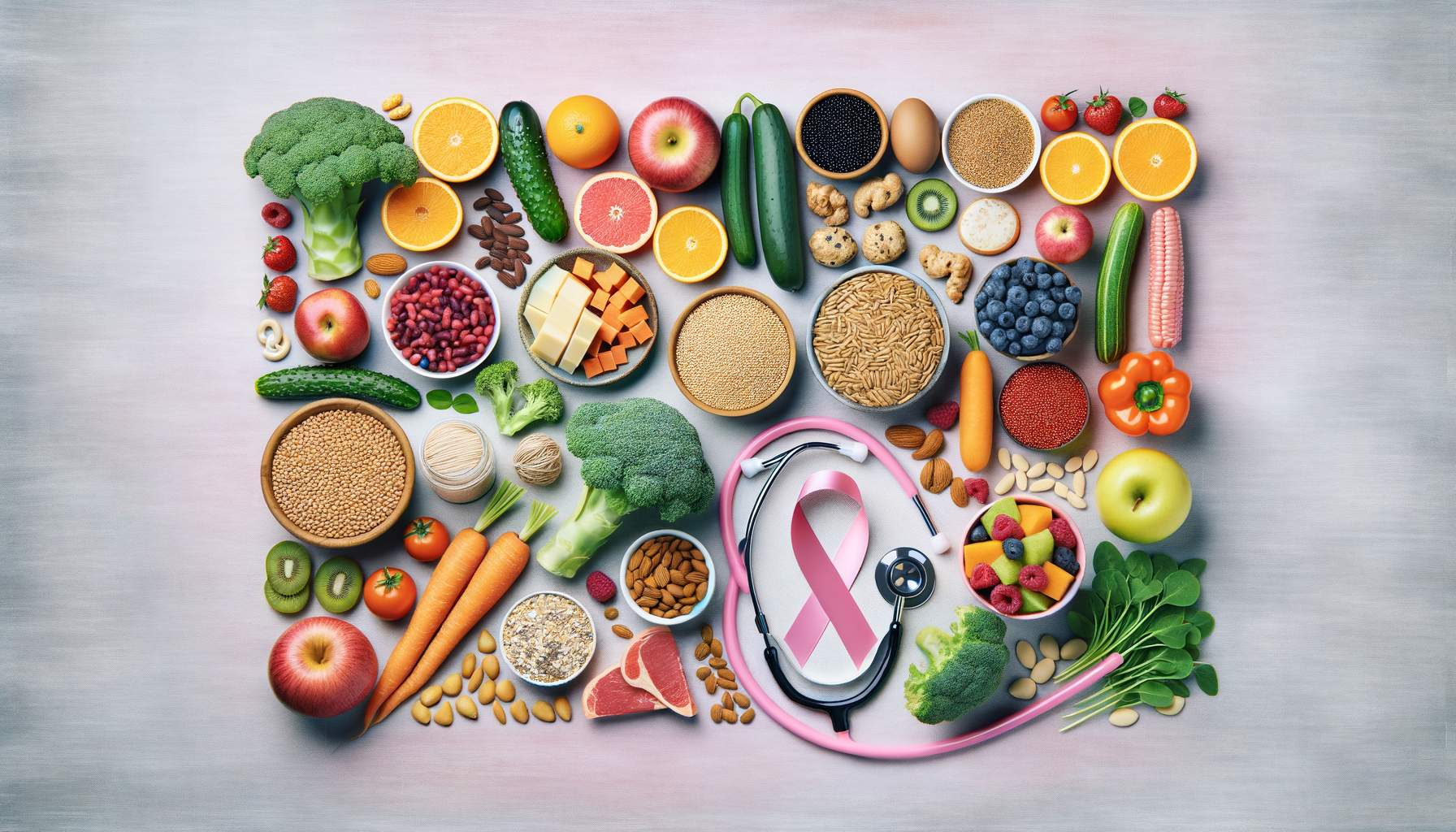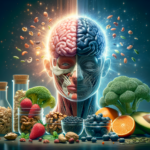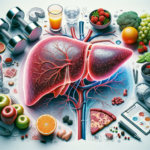Understanding Breast Cancer: A Growing Concern
Breast cancer remains one of the most significant health challenges worldwide, affecting millions of individuals each year. It is the most common cancer among women globally and the second most common cancer overall. The incidence of breast cancer has been steadily increasing, which underscores the need for awareness and preventive measures. While genetics and environmental factors play a crucial role, lifestyle choices, including diet, can significantly impact breast health. Understanding breast cancer involves recognizing the types of breast cancer, the risk factors involved, and the importance of early detection. There are several types of breast cancer, each with its own characteristics and treatment approaches. The most common types include ductal carcinoma in situ (DCIS), invasive ductal carcinoma (IDC), and invasive lobular carcinoma (ILC). Each type requires specific diagnostic and treatment strategies, making early detection vital. Risk factors for breast cancer are diverse, encompassing genetic predispositions and lifestyle factors. While some risk factors, such as age and family history, cannot be altered, others, like diet and physical activity, can be managed to reduce risk. The importance of early detection cannot be overstated. Regular screening through mammograms, self-examinations, and clinical evaluations can lead to early diagnosis, which is crucial for effective treatment and improved survival rates. By understanding the complexities of breast cancer, individuals can make informed decisions about their health and take proactive steps to support breast health.
The Role of Diet in Breast Health
Diet plays a pivotal role in maintaining overall health, and its impact on breast health is no exception. A balanced diet rich in nutrients can support immune function and reduce inflammation, both of which are essential for breast health. Certain dietary patterns have been associated with a reduced risk of breast cancer. For instance, the Mediterranean diet, which emphasizes fruits, vegetables, whole grains, and healthy fats, is known for its protective effects against various chronic diseases, including cancer. Foods rich in antioxidants, such as berries, leafy greens, and nuts, help combat oxidative stress, a factor linked to cancer development. Moreover, dietary fiber, found in foods like beans, lentils, and whole grains, aids in regulating hormones that can influence breast cancer risk. On the other hand, diets high in processed foods, red meats, and sugary beverages may increase the risk of developing breast cancer. These foods can lead to obesity, a known risk factor for breast cancer, especially in postmenopausal women. Maintaining a healthy weight through a balanced diet and regular physical activity is crucial for reducing breast cancer risk. It’s important to note that while diet is a significant factor, it should be part of a comprehensive approach to breast health that includes regular screenings and a healthy lifestyle. By making informed dietary choices, individuals can take proactive steps to support their breast health and overall well-being.
Foods to Support Breast Health
Incorporating specific foods into your diet can play a significant role in supporting breast health. Here are six types of food that may contribute to a healthier lifestyle:
- Cruciferous Vegetables: Vegetables like broccoli, cauliflower, and Brussels sprouts contain compounds that may help regulate estrogen levels and reduce cancer risk.
- Fatty Fish: Rich in omega-3 fatty acids, fish such as salmon and sardines can help reduce inflammation and support overall health.
- Berries: Packed with antioxidants, berries like blueberries and strawberries can help protect cells from damage.
- Whole Grains: Foods like quinoa, brown rice, and oats provide essential nutrients and fiber, which can aid in hormone regulation.
- Nuts and Seeds: Almonds, walnuts, and flaxseeds offer healthy fats and antioxidants that support breast health.
- Green Tea: Known for its antioxidant properties, green tea may help reduce the risk of breast cancer.
Incorporating these foods into your daily diet can be an effective way to support breast health. However, it’s essential to combine dietary changes with other healthy lifestyle practices for the best results.
Lifestyle Changes to Reduce Breast Cancer Risk
In addition to dietary modifications, certain lifestyle changes can significantly impact breast cancer risk. Engaging in regular physical activity is one of the most effective ways to reduce the risk of breast cancer. Exercise helps maintain a healthy weight, regulates hormones, and boosts the immune system. Aim for at least 150 minutes of moderate aerobic activity or 75 minutes of vigorous activity each week. Limiting alcohol consumption is another important factor. Studies have shown that alcohol intake is linked to an increased risk of breast cancer. If you choose to drink, it’s advisable to do so in moderation. Smoking cessation is crucial for overall health and can also reduce breast cancer risk. Tobacco use has been associated with various types of cancer, including breast cancer. Stress management is another vital aspect of reducing cancer risk. Chronic stress can weaken the immune system and contribute to the development of cancer. Incorporating stress-reducing practices such as yoga, meditation, or deep breathing exercises can be beneficial. By making these lifestyle changes, individuals can take proactive steps to reduce their breast cancer risk and promote overall health and well-being.
Conclusion: Taking Charge of Your Breast Health
Breast cancer is a complex disease with multiple risk factors, but individuals can take proactive steps to support their breast health. By understanding the role of diet and lifestyle choices, individuals can make informed decisions that may reduce their risk of breast cancer. Incorporating nutrient-rich foods and maintaining a healthy lifestyle are key components of breast health. Regular screenings and early detection remain crucial for effective treatment and improved outcomes. By taking charge of their health, individuals can empower themselves to lead healthier lives and contribute to the fight against breast cancer.








